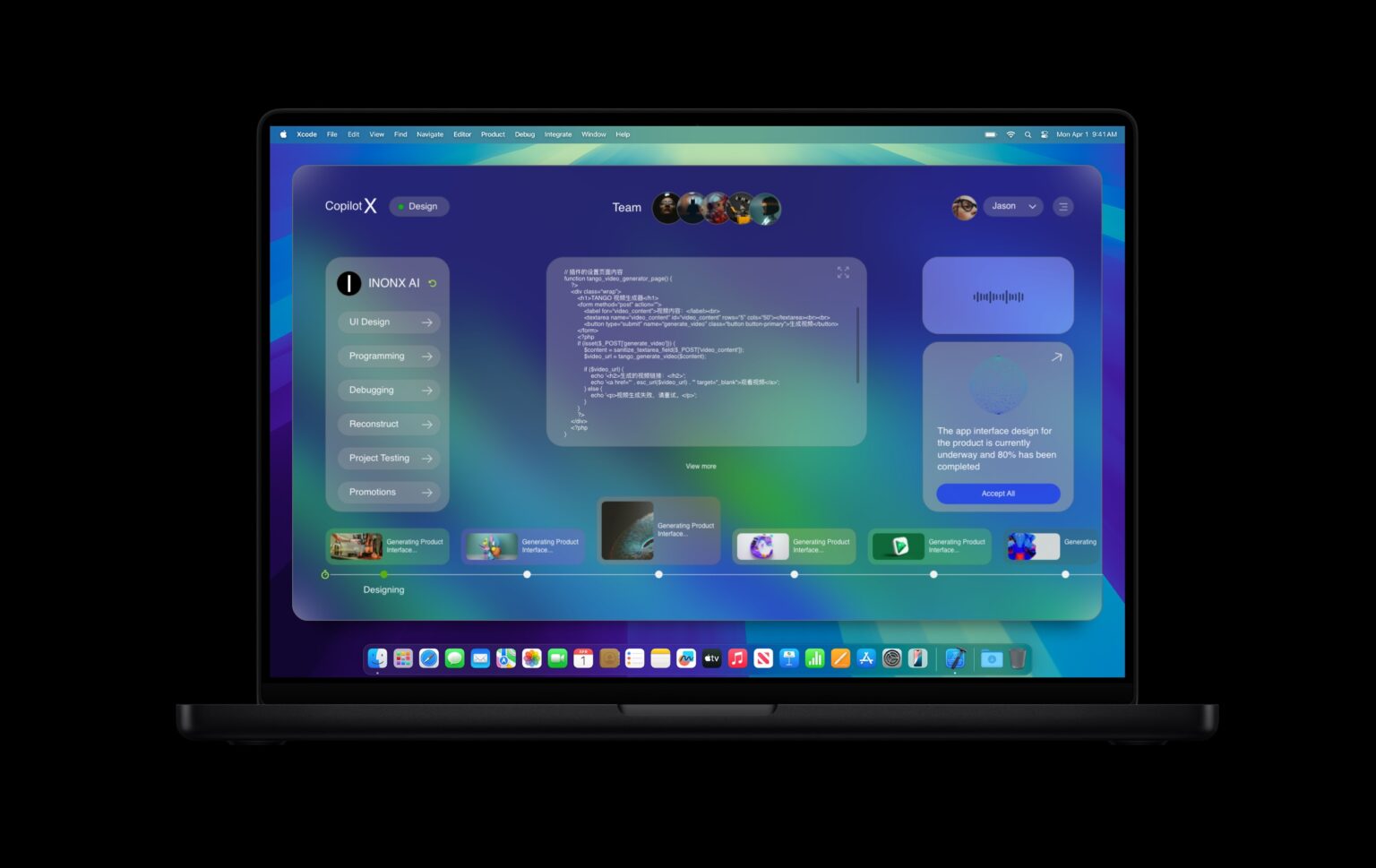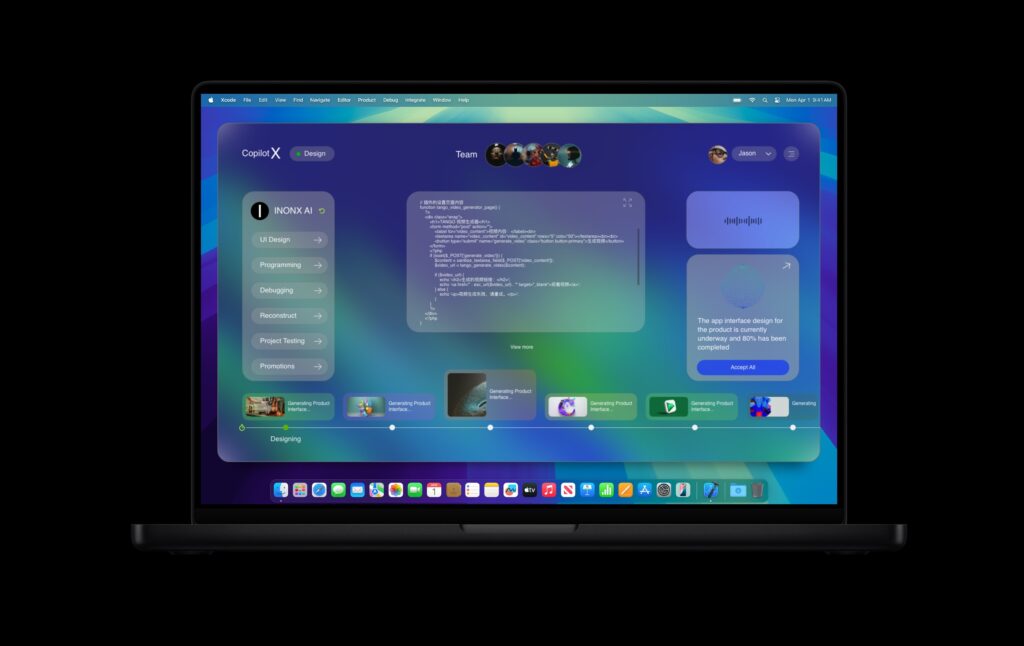Artificial Intelligence (AI) has significantly transformed various industries in recent years, with large models paving the way for groundbreaking innovations. One area where this impact is profoundly felt is in automated testing. With the increasing complexity of software applications and the necessity for robust testing frameworks, organizations are turning to advanced AI solutions to enhance efficiency, accuracy, and speed. This article explores the trends and solutions in automated testing driven by AI large models, with a spotlight on Weaviate – a decentralized vector search engine poised to revolutionize the industry.
.
## Understanding AI Large Models
AI large models, particularly those in the realm of deep learning, consist of numerous parameters that allow them to capture intricate patterns within data. These models, such as OpenAI’s GPT-3 and Google’s BERT, have demonstrated impressive capabilities in natural language understanding, image recognition, and beyond. The essence of a large model lies in its ability to learn from vast datasets, enabling superior performance in various applications.
.
In the context of automated testing, AI large models can analyze vast amounts of test data, recognize patterns, and predict potential issues in software applications. This predictive capability significantly enhances the troubleshooting process, allowing developers to identify and rectify issues before deployment. The scalability and adaptability of large models make them ideal candidates for handling the dynamic and complex nature of modern software testing.
.
## Trends in Automated Testing Driven by AI
The integration of AI in automated testing is reshaping the future of quality assurance (QA) processes. Several trends have emerged, driven by the capabilities of AI large models:
1. **Natural Language Processing (NLP) for Test Case Generation**: AI large models can be trained to understand natural language requirements, converting them into executable test cases. This reduces the manual effort required for writing test cases and minimizes the chances of misinterpretation.
2. **Predictive Analytics for Defect Detection**: By leveraging historical data, AI can predict where defects are likely to occur, allowing teams to focus their testing efforts on high-risk areas. This intelligent prioritization enhances the efficacy of testing processes.
3. **Automated Test Optimization**: AI models can analyze the performance of existing test cases, identifying redundant tests and suggesting optimizations. This results in shorter testing cycles, enabling faster release times without compromising quality.
4. **AI-Powered Test Maintenance**: Large AI models can automatically update test scripts in response to changes in application code, considerably reducing maintenance overhead and ensuring that testing remains relevant as applications evolve.
.
## The Role of Weaviate in Automated Testing
Weaviate is an open-source, decentralized vector search engine that utilizes advanced AI and machine learning technologies, making it a suitable companion for organizations aiming to harness the power of AI large models in automated testing. Weaviate excels in indexing and retrieving vector embeddings, which are mathematical representations of data points in a high-dimensional space. This capability can be particularly advantageous in automated testing when integrated with AI systems.
.
### Enhancing Test Case Management
By leveraging Weaviate’s vector search capabilities, testing teams can manage and retrieve test cases more effectively. When test cases are represented as vectors, the search for similar or related cases becomes more precise. For instance, if a developer makes a change to a specific module, Weaviate can quickly identify and suggest relevant test cases that may be impacted by that change, covering both functional and non-functional requirements.
.
### Intelligent Defect Tracking
Weaviate’s ability to process and retrieve information based on semantic similarity allows for intelligent defect tracking. It can relate reported bugs to previous defects, providing testers with valuable context and insight. This linkage can help teams understand recurring issues and undertake root cause analysis more efficiently, facilitating quicker resolutions and continuous improvement.
.
### Optimizing Resource Allocation
One of the key challenges in automated testing involves resource allocation—determining which tests to run, when, and on which environments. By utilizing Weaviate’s search capabilities, teams can optimize their testing resource allocation dynamically. For instance, if a large model indicates that certain features are more prone to defects, Weaviate can direct resources to focus on those elements, maximizing impact while reducing wasted effort.
.
## Industry Applications of AI in Automated Testing
Organizations across various sectors are increasingly adopting AI-driven automated testing solutions. Some notable applications include:
1. **E-Commerce**: Retail giants utilize AI large models to streamline the testing of their platforms, ensuring seamless user experiences during peak shopping seasons. Predictive analytics helps them address potential user flow bottlenecks.
2. **Banking and Finance**: Financial institutions implement AI in their testing regimes to comply with regulatory requirements while ensuring robust security measures. AI-powered test maintenance and optimization help safeguard sensitive information.
3. **Healthcare**: Automated testing in healthcare applications is critical to maintaining compliance and quality assurance. AI large models assist in validating software that manages patient records and telehealth services, ensuring high standards in usability and security.
4. **Gaming**: In the gaming industry, AI is used to streamline testing for feature releases and patches. Automated solutions powered by AI large models ensure that testing aligns with user experience expectations, maintaining player engagement.
.
## Technical Insights into AI and Automated Testing Solutions
For organizations looking to implement AI large models in their automated testing processes, several technical considerations should be on the table:
1. **Model Training and Fine-Tuning**: Proper training of AI models is paramount. Organizations need access to diverse and robust datasets to train their models effectively. Fine-tuning pre-trained models can lead to better performance specific to the domain.
2. **Integration with Existing Tools**: When adopting AI-driven solutions such as Weaviate, it is essential to ensure seamless integration with existing testing frameworks, CI/CD pipelines, and monitoring systems.
3. **Data Management**: Organizations must have a solid strategy for managing the data used by AI models. Ensuring data quality and relevance is crucial for achieving optimal outcomes in automated testing.
4. **Ethical Considerations**: As with any AI application, ethical considerations around model bias and data privacy must be prioritized. Organizations should assess the impact of their AI systems on users and adhere to relevant compliance standards.
.
## Conclusion
The convergence of AI large models with automated testing, exemplified by the capabilities of Weaviate, heralds a new era in software quality assurance. Organizations can harness AI to streamline their testing processes, enhance accuracy, optimize resource allocation, and ultimately deliver superior software products. As trends continue to evolve, staying abreast of technological advancements and exploring innovative solutions will be essential for sustaining a competitive edge in the ever-changing landscape of software development.
.
### References
– OpenAI. (2021). *Introducing GPT-3*. Retrieved from [OpenAI](https://openai.com)
– Google AI. (2020). *BERT: Pre-training of Deep Bidirectional Transformers for Language Understanding*. Retrieved from [Google AI Blog](https://ai.googleblog.com/2018/11/open-sourcing-bert-state-of-art-pre.html)
– Weaviate Documentation. (2023). *Weaviate – The Decentralized Vector Search Engine*. Retrieved from [Weaviate](https://weaviate.io)
– IBM. (2022). *The Future of Testing: AI and Automation in Software Development*. Retrieved from [IBM](https://www.ibm.com)

























